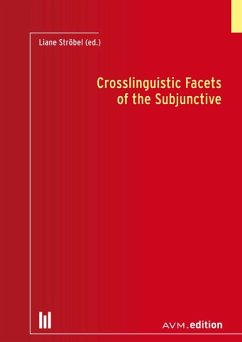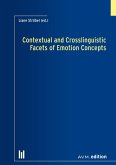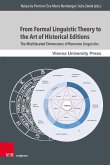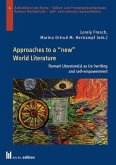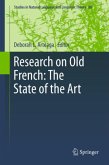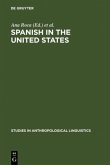No other grammatical phenomenon causes as many problems in teaching and learning as the subjunctive. Most grammars devote as many pages to the presentation of the rules as to the exceptions. This becomes even more frustrating when dealing with the differences, not only between different language families, but even within the Romance language family alone, since it seems that each language shapes the functional area of the subjunctive individually. The aim of this volume is therefore to reconsider the representation of the subjunctive in Romance languages in a crosslinguistic and contrastive way. First, an overview of research in this area from the beginnings to the latest neurolinguistic findings will explore the complexity of the issue. Next, specific phenomena of the subjunctive at the interface of its functional domain with the indicative will be illustrated by means of appropriate case studies. On this basis, an attempt is made to trace the polyfunctionality and the differinguses in the Romance languages and beyond to a common pattern with language-specific margins. This allows us to explain, not only contrastive differences, but also the decline of the subjunctive in some domains and languages, as well as demonstrate the range of substitution possibilities. Finally, the view is extended to other language families and new impulses for foreign language teaching are presented.With contributions fromTobias Gretenkort, Sebastian Buchczyk, Ingo Feldhausen, Michel Favre, Helene Rader, Liane Ströbel, Aurélie Scheffe

